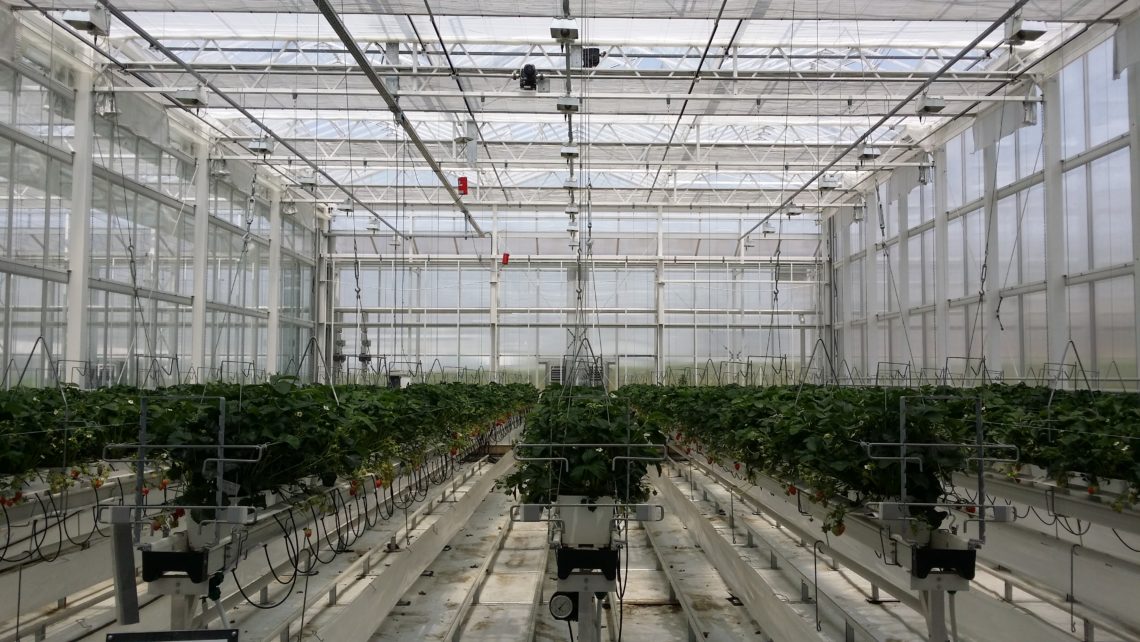Context: The Government of the Republic of Korea has affirmed its belief that agriculture is a key industry vital to economic success. However, the share of the workforce employed in agriculture has been on the decline since 1970, in part due to the lack of young people engaging in this pursuit. In 1970, more than 30 per cent of agriculture workers were under 30 years old, as compared to 2 per cent in 2010. The Government began institutionalizing legalisation in response to this trend starting in 1981 with the Farm Successor Fostering Programme.
Implementation of programme/ initiative: In a bid to increase the nation’s capacity in agriculture and stay globally competitive, the Government created the Korea National College of Agriculture and Fisheries (KNCAF) in 1994. The programme has the dual purpose of attracting more young people into the agricultural field, and educating and training young people on the latest technology and approaches in the industry. Through tuition waivers, free accommodation and military service exemption, the Government incentivizes youth to take part in KNCAF. To deepen students’ abilities the programme includes a year of field experience that can be completed domestically or in agriculturally advanced nations. In 2016, the budget for KNCAF was 25.616 billion KRW.
Main challenges: The number of households engaged in farming in the Republic of Korea is declining, making the traditional pool of candidates for KNCAF smaller. To overcome this obstacle, KNCAF increasingly draws on students without a family background in farming. Furthermore, since 2006, the Government started promoting experience and interest in agriculture through programmes that offered work experience in select agriculture high schools. Another issue youth face is access to capital to cover initial costs. One way this is accomplished is by giving KNCAF graduates special priority in the Farm Successor Fostering Programme, which provides capital to invest in agriculture at a low interest rate.
Results achieved: Every year, KNCAF recruits around 390 students in 11 different departments related to agriculture. From 2000 to 2014 KNCAF had 3,350 graduates, 95 per cent of whom pursued careers in agriculture. Furthermore, over 90 per cent of graduates assumed leadership roles after graduation. Also, the scale and earnings of KNCAF graduates was approximately twice as high as general agricultural enterprises.
Moving Forward: A challenge new, young farmers face is securing quality farmland. Retired farmers without a successor are often reluctant to transfer their land to a new farmer. Scholars in the Republic of Korea suggest that the Government could support farm transfer projects similar to successful cases in other countries. These projects aim to reduce financial complications and bridge the gap between new and old farmers.
Replicability: Programmes such as the Republic of Korea’s KNCAF make a career in agriculture a more viable option for young people by introducing modern techniques and technologies that make farming more profitable and sustainable. Solutions like this provide alternative education that supports rural employment and addresses food security. Access to credit in the form of interest free loans has been an integral component of the overall programme that has facilitated success.
References:
Ma, Sang-jin, “How to Encourage Young Generation to Engage in Farming: Korea’s Case,” available from: http://ap.fftc.agnet.org/ap_db.php?id=324&print=1
Dr. Jeongbin Im, “The Korea National College of Agriculture and Fisheries (KNCAF): Developing Professional Farmers,” available from: http://ap.fftc.agnet.org/ap_db.php?id=470&print=1
Project Details
Date: September 22, 2016
